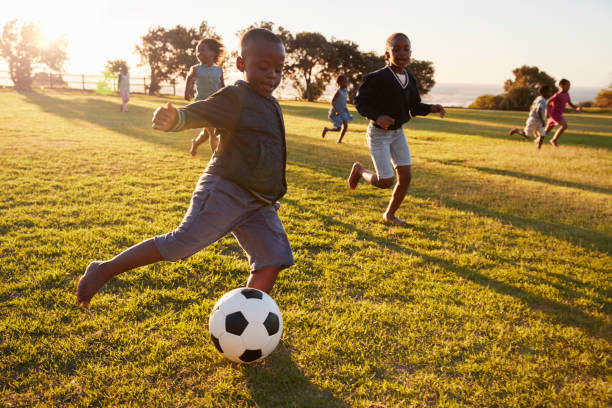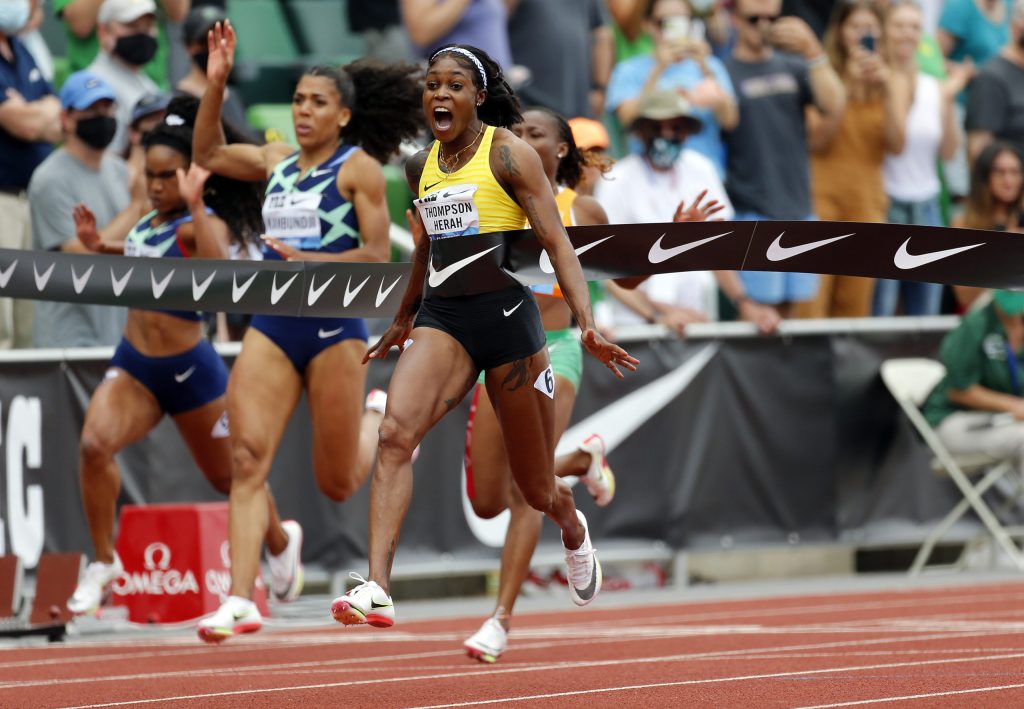Ever been to a live game? Did you see the sheer excitement, joy and thrill that accompanied the game? Cheerleaders cheering for their home team. The crowds shouting and screaming in ecstasy. Fans arguing about who is a better player and shouting strategies at their team. At that moment, nothing matters – race, colour, socioeconomic status, gender, religion – nothing. It is almost as though all is well with the world again.
Now that is just a sneak peek into how sport serves as a unifying force on Earth. This was further bolstered when FIFA suspended Russia from the ongoing World Cup for its violent invasion of Ukraine. The suspension signified that Russia has been excommunicated from the global community and cut off from the benefits of being a member state till further notice.
Sports serve as a powerful vector of peacebuilding to boost cohesion among nations and alleviate political animosities. At the grassroots and community levels, sport creates safe environments where people are brought together to pursue a singular goal and interest. As a common denominator and shared passion, sports have the potential to overcome cultural and political divides between groups. Sporting activities can offer people a sense of normalcy during conflict or instability.
A good example is how Nelson Mandela used Rugby World Cup to initiate the healing process of post-Apartheid South Africa and prevent an imminent civil war. Of worthy mention is how Liberia used football tournaments as a “neutral event” during its civil conflict to foster national peace. Even globally, sports have been used to reopen diplomatic dialogues and foster reconciliation between conflicting nations (the Turkey-Armenia and Chinese-American reconciliations are good examples).
In economic development, sporting activities provide job opportunities, curbing unemployment. Sports have a catalogue of careers inherent; athletes, coaches, trainers, nutritionists etc. The multibillion-dollar sportswear and equipment business promotes innovation and commerce while increasing foreign exchange gains during international sporting events. The host country benefits from funds and donations from World Bank and other donors to facilitate the construction of necessary infrastructure. Industries like the hospitality and tourism industry benefit from the influx of visitors to share the country’s national heritage. Even businesses whose goods and services cater to the sporting event benefit. All these explode the GDP of the country, which could be used for national development projects. Whether at the grassroots, national, or international levels, sporting events can strengthen communities’ social and cultural fabric, making them more appealing to investors and tourists.

Talking about social development, sports serve as a powerful tool for changing long-standing perceptions about vulnerable groups and fostering equality and equity. The integration of women in sports and persons with disabilities goes a long way to disprove the lie that women are weak, incompetent and unable to lead, as well as changes the way people with disabilities are seen, boosts their self-esteem, and alleviates stigma. Countries like South Africa have sport-based programs to encourage and empower women in pursuing their dreams and curb gender-based violence and discrimination like early marriage and physical and sexual abuse.
Rwanda has managed to integrate physically challenged children into communal activities by sponsoring sporting tournaments under UNICEF mainstreaming program. The result was increased self-esteem in the physically challenged children and enhanced academic performance.
Sports have been used as a capacity-building initiative for young people. Sports have the inherent values of teamwork, leadership, tolerance and fair play, courage, confidence, self-esteem, equality and equity. Many countries have deployed sports to imbibe these values into youths, especially those in conflict-torn zones. A good example is the “sports for development” program in schools in South Africa which led to an 80% drop in school violence in communities where schools participated. Another example is the 2012 Great Lakes Peace Cup in Africa organised by the World Bank to help former youth combatants rebuild relationships with their communities and neighbouring countries through football.
Historically, sports have played an important role as a strong advocacy platform to promote a culture of peace. International organisations often reach out to athletes to raise awareness through public interest campaigns about cogent issues in society. In November 2014, the World Bank partnered with WHO and FIFA to organise an awareness-building campaign in the fight against Ebola in West Africa. The campaign brought together the world’s best football players (including Didier Drogba and Cristiano Ronaldo) to encourage preventive measures in epidemic-affected communities. Football was also a powerful tool for increasing awareness of HIV/AIDS, with FIFA launching HIV/AIDS prevention and control programs as part of its “football for hope” project.
 The contributions of sports to global sustainable development and peace are inexhaustible. However, a lot remains to be done.
The contributions of sports to global sustainable development and peace are inexhaustible. However, a lot remains to be done.
The world needs these heroes to capitalise on their global influence and lend their voice more on the issues plaguing the world, comprising poverty, Covid-19, climate change, war, water poverty, drug abuse and addiction. The list is endless.
African sports stars must rise in solidarity and speak up against the continent’s political conflicts. They must use their influence to promote peace, expose injustice and incite economic, social and political development.
Governments, NGOs and INGOs should take advantage of the large audience sporting events afford, to preach messages of peace, goodwill, tolerance, diversity, equality, equity and development.
In light of the Russia-Ukraine war, this is a clarion call to athletes and sportspersons, especially those of Russian and Ukraine nationality, to raise their voices in advocacy.
Remember, if you don’t speak up, nobody will.
Together, let us build a sustainable and peaceful future for all of us.
Happy International Day of Sports for Development and Peace.